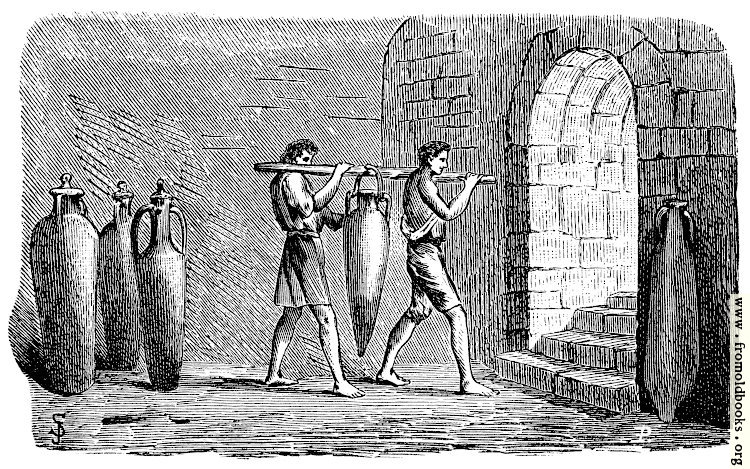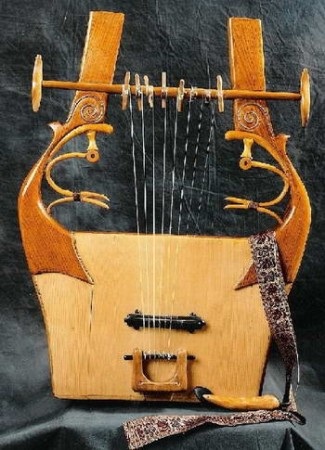


With such a small group, the boundary between solo and tutti isn't clear, and things aren't helped by murky church sound.

The distinctive quality of the version here is that the piece is made instead into a sort of concerto grosso, with solos bouncing around the membership of the ensemble. An available version by violinist/conductor Rinaldo Alessandrini turns the Italian Concerto into a concerto for violin and orchestra. But it's certainly true that Bach wouldn't have hesitated to make a version for strings if he had happened to need one, and the small (basically one instrument per part) ensemble Insieme Strumentale di Roma is not the first to perform the work this way. Part of what makes the piece so compelling is Bach's ingenuity in transferring details of Vivaldian string writing to the keyboard. The chief example of the latter is the album's title track, the "Concerto nach italienischem Gusto," better known as the Italian Concerto, BWV 971, and one of Bach's most familiar works for solo keyboard. In fact, all of them are arrangements, running from alternate versions that are generally agreed to have existed and to have been Bach's own originals of pieces better known in another form (the last two works on the program) to purely speculative hypotheses. We used various karaoke, instrumental, acapella and vocals samples uploaded by our clients to train our AI even further by using reinforced learning techniques.Many listeners may be puzzled by the tracklist for this Italian release, containing previously unfamiliar concertos by J.S. Completed artistic or artistic-pedagogical music studies in the same or related main artistic subject (Bachelor or Diploma). Along with countless adjustments to our neural network, this gradually evolved in to something that was really impressive. Not 100 perfect, but definitely the best vocal remover available. Qualification: Master of Music Major subjects A Bachelor of Music in Early Music in the same main subject is required for instrumental and vocal major subjects in the field of Early Music.Īt the time of application, proof of admission to the final examination procedure is sufficient. The range of career pathways open to qualified music teachers has grown substantially in recent years. In light of this development the University of the Arts has created a Master's programme for music education that enables to students to build upon and extend their expertise within the fields of instrumental and vocal practice. Increasing numbers of music schools have begun to offer group tuition or cooperate with schools where teachers instruct large and heterogeneous groups of individuals. Teachers involved in projects such as “An Instrument for Every Child” (Jedem Kind ein Instrument) and “A Voice for Every Child” (Jedem Kind seine Stimme) face similar challenges. Some music schools require that prospective teachers hold advanced qualifications in several instrumental disciplines, basic subjects or chamber music, along with additional certificates in choral, band, and ensemble direction. Other potential employers will only consider candidates who are experienced in working with gifted individuals or on the juries of competitions such as Jugend Musiziert. Many of these new requirements cannot be met within the framework of an undergraduate degree. In the first year of this Master’s programme, students holding a Bachelor of Music in another subject or area of study (e.g. in Performance or Church Music) will acquire key pedagogical qualifications as well as the related didactic and methodological expertise equivalent to the specialised Bachelor programmes in music education offered at the University of the Arts. Students who already hold an undergraduate degree in a relevant field of study will continue to develop their instrumental / vocal performance abilities, as well as extending their teaching expertise to a range of other fields such as elementary music education, chamber music tuition, and instrumental training in pop music. The focus of this programme shifts in the second year towards the acquisition of the skills and knowledge necessary to teach at university level, including planning pedagogical seminars, tailoring teaching methods to learning groups, and evaluating teaching performance.


 0 kommentar(er)
0 kommentar(er)
